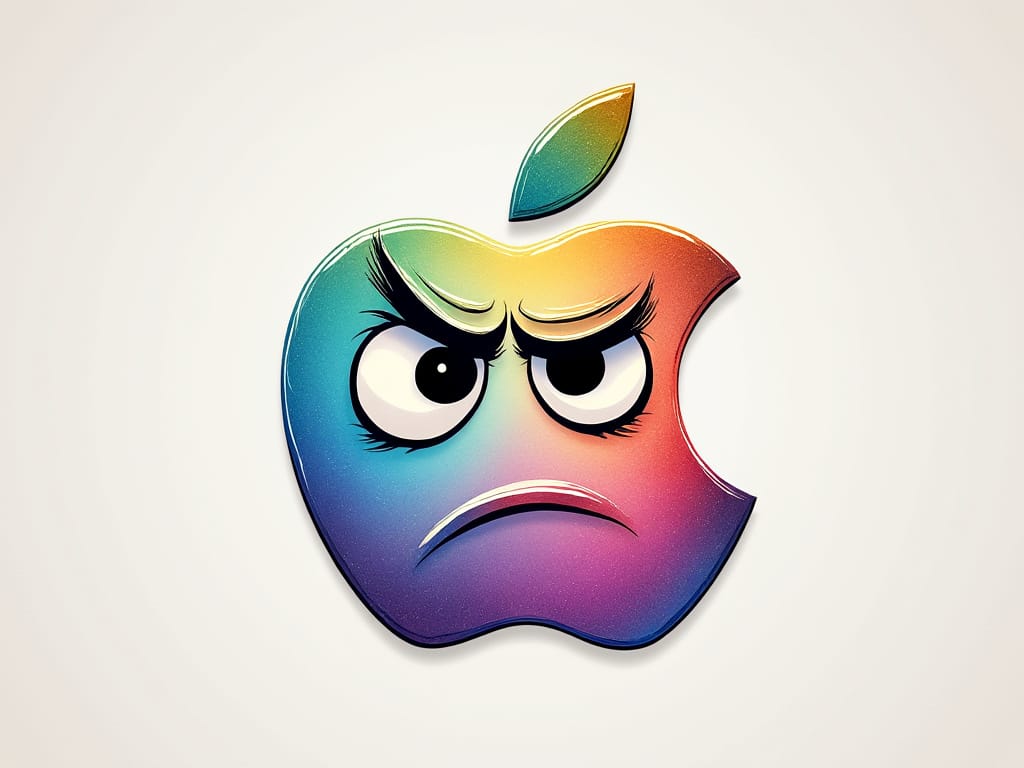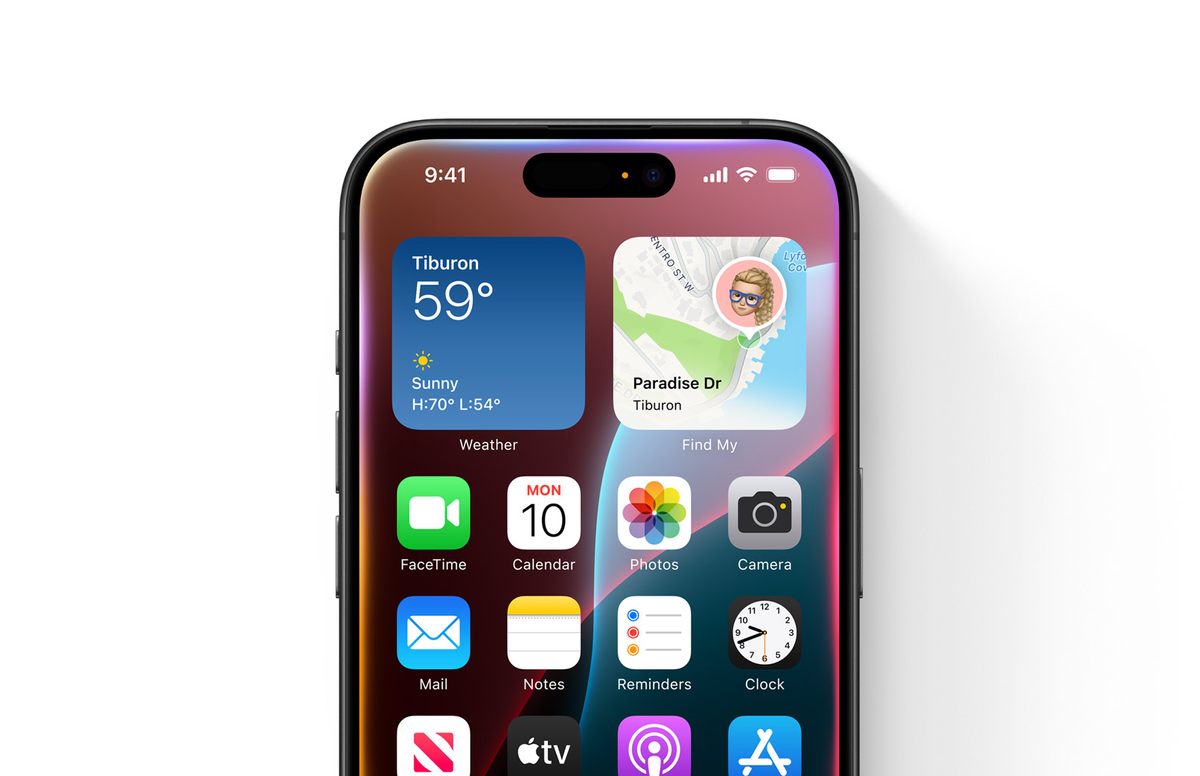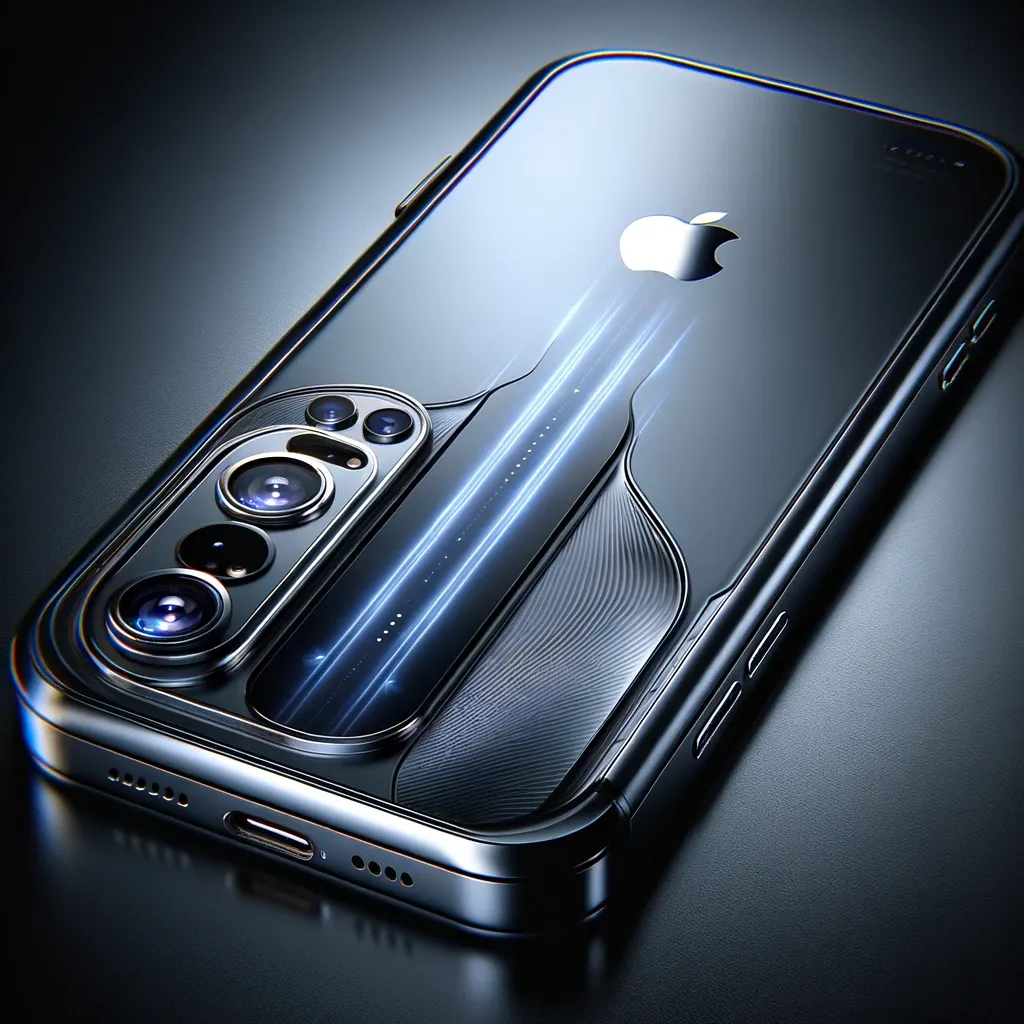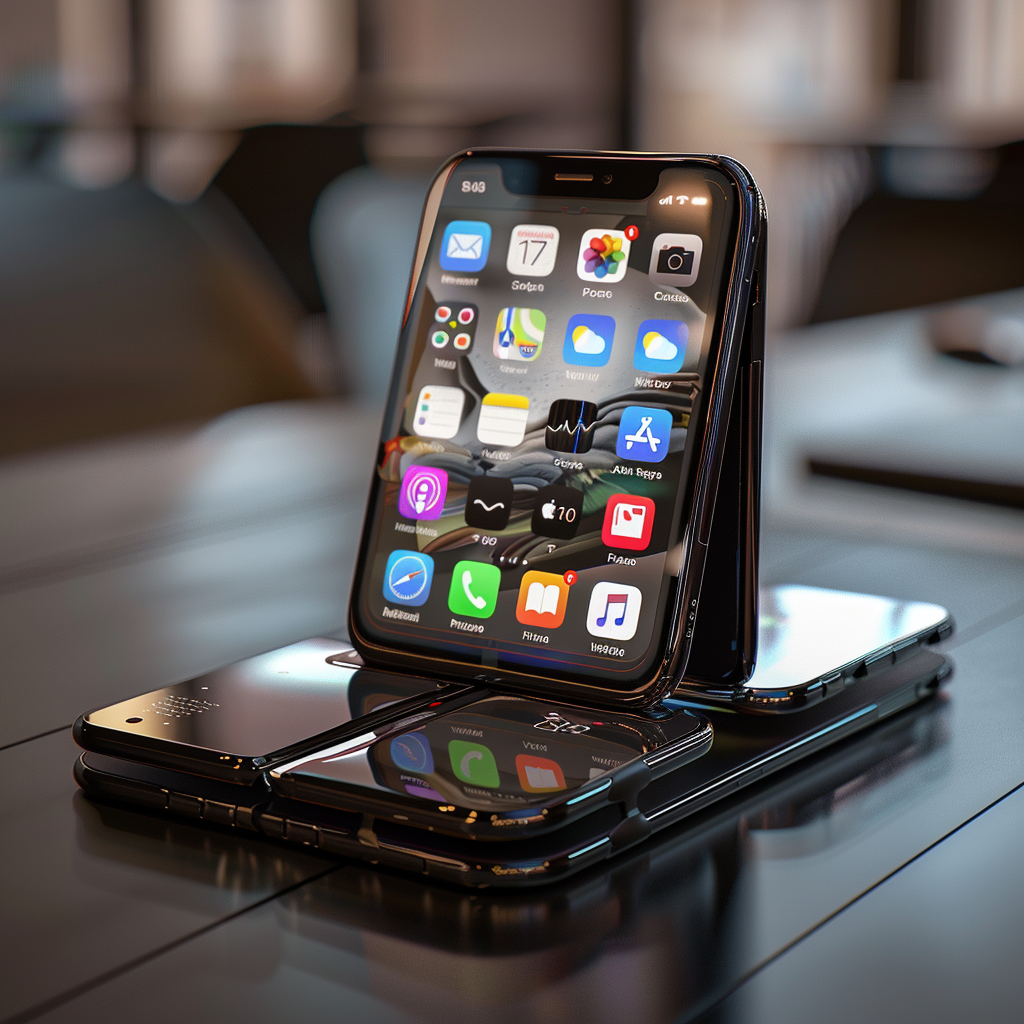People Aren't Buying the Apple Intelligence Hype, Literally
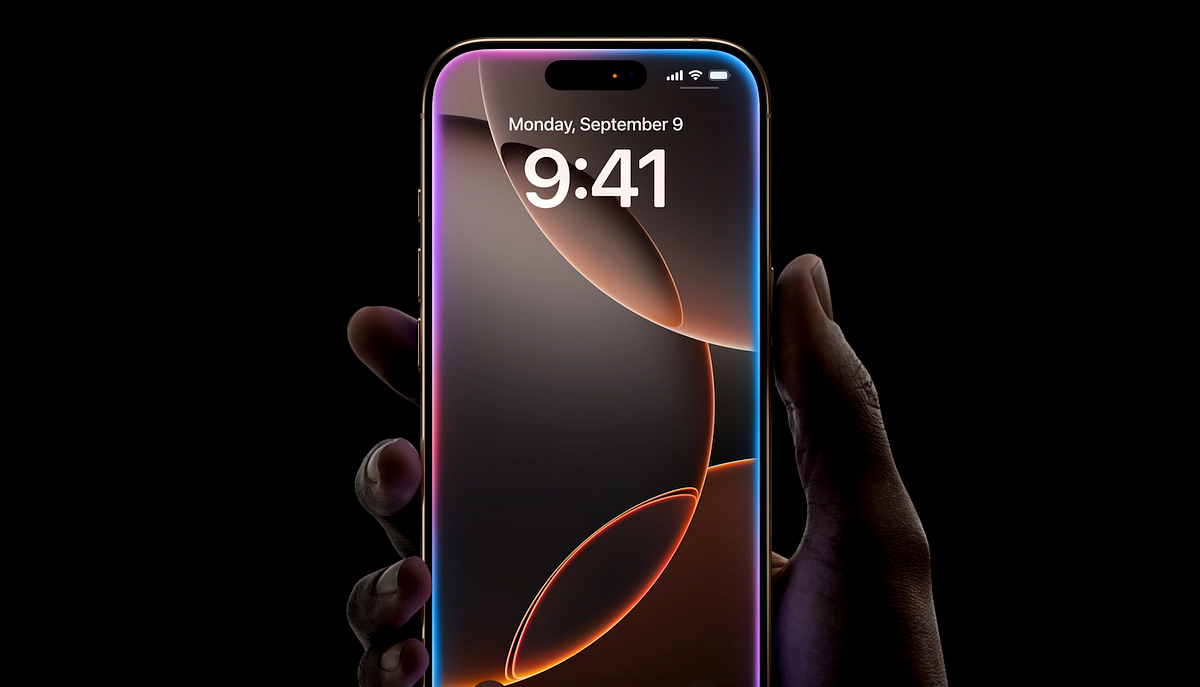
Obviously take all the numbers in such surveys and extrapolations with grains of salt, but there are some directionally interesting elements in Kuo's numbers, if nothing else. First, the key number which is, indeed, hitting Apple's stock today:
iPhone 16 series first-weekend pre-order sales are estimated at about 37 million units, down about 12.7% YoY from last year’s iPhone 15 series first-weekend sales. The key factor is the lower-than-expected demand for the iPhone 16 Pro series.
Again, if true – even just directionally – it's hardly a big surprise. As discussed quite a bit in recent weeks, while Apple would like everyone to believe that 'Apple Intelligence' is a key reason to upgrade to a new iPhone, the reality is that it's not even here yet. And it won't be here, even just in part, and in beta, until next month. If you live in the US. Other features and those living elsewhere should get some features by the end of the year. But most everything else, which seem like well-done, useful features (at least in the demos they've shown), but are not exactly world-changing AI breakthroughs, won't come until next year.
This all points to it probably making sense for many people to wait to upgrade to a new iPhone next year. All of the above, plus the rumors of iPhones with more RAM (at least at the high end – which increasingly matters for Apple may be hurting them here even more) to better handle said AI tasks and perhaps a new, thinner form factor for one variety of iPhone – the "iPhone Air", as it were.
All that said:
Despite the YoY decline in first-weekend pre-order sales of the iPhone 16 Pro series, the supply chain’s production plans are unlikely to change significantly in the near term. Apple still has opportunities to improve sales through the release of Apple Intelligence and peak season promotions (year-end holiday season in America and Europe and Double 11 in China). These factors will be key points to watch for changes in iPhone demand.
If Apple is able to get at least some of Apple Intelligence out the door just ahead of the holiday shopping season, it's entirely possible that they see a bigger bump than normal in that timeframe. But again, that will largely be driven by marketing rather than reality.
Kuo notes that continued impacted sales may lead Apple to shift their product strategies in 2025 – but the reality there is that they already have the iPhones 17 locked and loaded. Maybe they make some small strategic tweaks or alter some software roadmaps, but as Kuo knows better than anyone, Apple has the hardware pretty set at least a couple years in advance.
And that matters because I increasingly do think Apple may have made a timing mistake with regard to foldable phones. I had the first generation Pixel Fold and it was flawed but interesting. I just got the Pixel 9 Pro Fold a couple weeks ago and it's pretty incredible. I'll have a lot more thoughts after more usage, but it's a big leap forward for Google and it does point to a market that may be ready for Apple. And yet it's unlikely Apple enters that market before 2026 at the earliest, for the reasons stated above. Beyond the Pixel, which is still a niche player, the foldables (and flip-ables) from Samsung and the Chinese manufacturers may very well make the iPhone look quite antiquated at that point. The "iPhone Air" will alleviate some pressure, but will it be enough if, say, the foldables slip until 2027?
Apple may need that editor to make some calls on the product lines soon...

